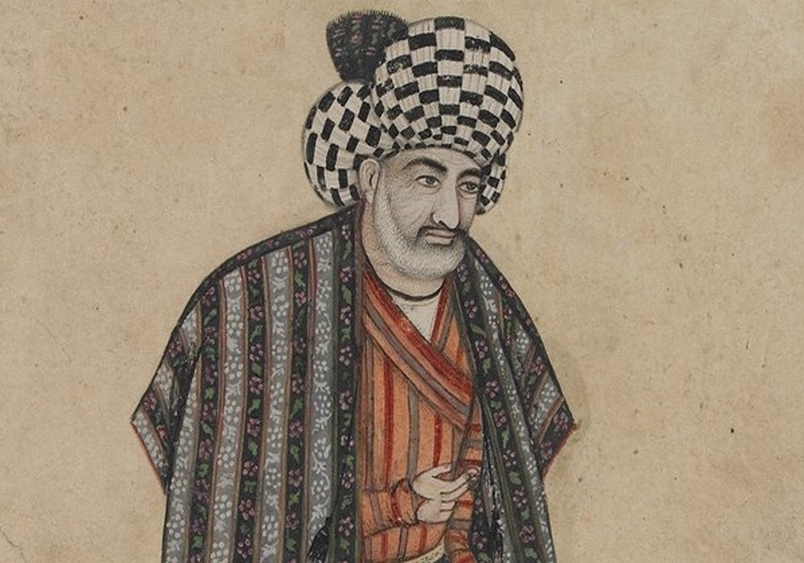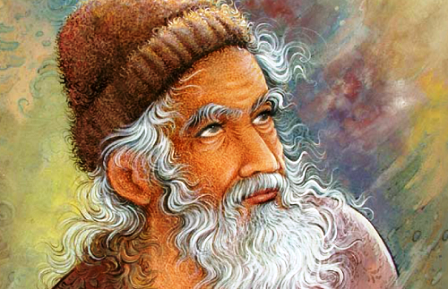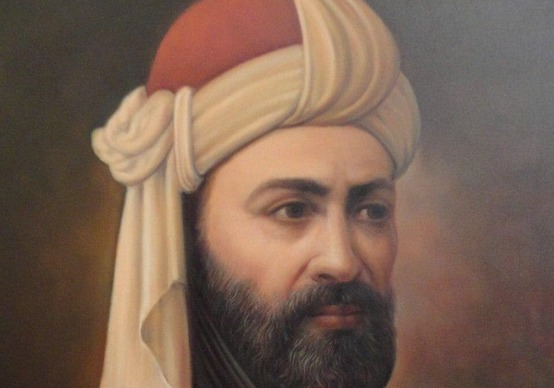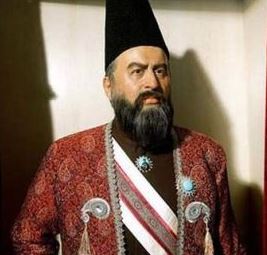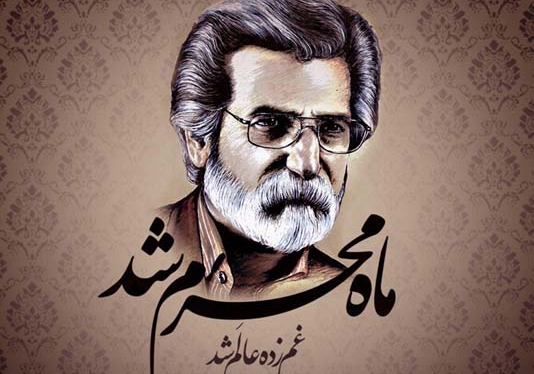
Sheikh Al-Kulayni: a Devout Servant of Islam
Sheikh Al-Kulayni is the author of Kitab al-Kafi. It is one of the four books (Al-Kutub al-Arba’ah) that are considered to be the most authentic sources of hadith in the Shia school of thought. The Four Books, or The Four Principles refers to the four best-known hadith collections that include Kitab al-Kafi, Man La Yahduruhu al-Faqih, Tahdhib al-Ahkam and Al-Istibsar. Sheikh Al-Kulayni’s full name was Abu Ja’far Muḥammad ibn Ya’qub ibn Isḥaq al-Kulayni al-Razi. He was born in 868 CE, in a village called “Kulayn” on the outskirts of the city of Ray, Iran. He was born during the imamate of the eleventh of the Twelve Shia Imams, Imam Hasan al-Askari (AS).
Kitab al-Kafi
Sheikh Al-Kulayni received his early Islamic education from his father besides his mother’s brother. His uncle, A’lan al-Kulayni, was a Shia scholar and an expert in the science of hadith. Al-Kulayi then moved to Ray for further education. He attended Abu al-Hassan Muhammad ibn Asadi Kufi’s classes to learn Hadith. In order to meet with the biggest jurists and scholars of his time, Kulayni travelled to Qom, Baghdad, and Kufa among other Islamic cities, and met with Ahmad ibn Mehran, Ahmad ibn Idris Qomi, and Abd Allah ibn Ja’far al-Himyari, from whom he received the permission to start collecting narrations. The era of al-Kulayni is called “the era of hadith”, for during this era the science of hadith had become extraordinarily prominent throughout the Islamic world. Being well aware of the status and magnificence of Ahl al-Bayt, Sheikh Al-Kulayni travelled from one city to another to collect their sayings and narrations. He finally compiled all the narrations he had collected in a book and called it “Kitab al-Kafi”. The book consists of three parts: Usul al-Kafi, Furu al-Kafi, and Rawdat al-Kafi.
Epithets
Thiqat al-Islam (meaning trustworthy of Islam), Razi, and Baghdadi are some of Kulayni’s nicknames. His piety and knowledge had made him a point of reference for all Muslims, regardless of their faiths, and a reliable gateway to get answers to their questions. He was called “Thiqat al-Islam” because Muslims of all sects went to Kulayni to get fatwa. A fatwa is a ruling on a point of Islamic law given by a Marja (a title given to the highest level of Twelver Shia religious cleric). It is mandatory upon a Muslim to implement a fatwa. Some of Kulayni’s most notable works are Kitab al-Rijal, Kitab al Radd ‘ala l-Qaramita, Rasa’il al-‘A’immah, Kitab Ta’bir al-Ru’ya, Kitab ma Qila fī al-‘A’immah min al-Shi’r, Al-Aql, Al-Ilm, and Al-Tawhid. He nurtured such Islamic scholars as Abu Abdallah Ahmad ibn Ibrahim and, Ibn Qulawayh, the author of “Kamil al-Ziyyarat”.
Al-Kulayni passed away in Baghdad. One of Baghdad’s trustworthy figures, Abu Qirat Muhammad ibn Jafar Hassani, led the Salat-e-Mayyit (funeral prayer) at his burial and he was buried in Kufa, on the eastern side of Tigris near Baghdad, and his tomb is regularly visited by Muslim pilgrims.
19th of May is dedicated to commemorating Sheikh Al-Kulayni’s legacy in the Iranian calendar.
Sheikh Al-Kulayni’s book “Al-Kafi” is one of the four authentic sources of hadith in the Shia school of thought.
| Name | Sheikh Al-Kulayni: a Devout Servant of Islam |
| Country | Iran |
| Nickname | Sheikh Al-Kulayni |
| Production Time | Born: 864 AD, Died: 941 AD |
| Works | ‘ala l-Qaramita, Rasa’il al-‘A’immah, Kitab Ta’bir al-Ru’ya, Kitab ma Qila fī al-‘A’immah min al-Shi’r, Al-Aql, Al-Ilm, Al-Kutub al-Arba’ah |
| Yard period | the past |
| Type | Academic,Religious |

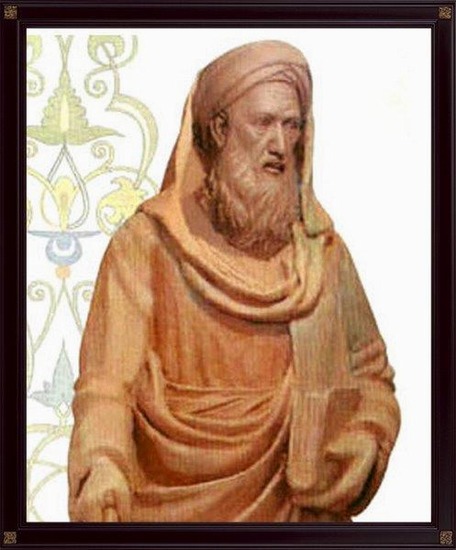


Choose blindless
Red blindless Green blindless Blue blindless Red hard to see Green hard to see Blue hard to see Monochrome Special MonochromeFont size change:
Change word spacing:
Change line height:
Change mouse type:
